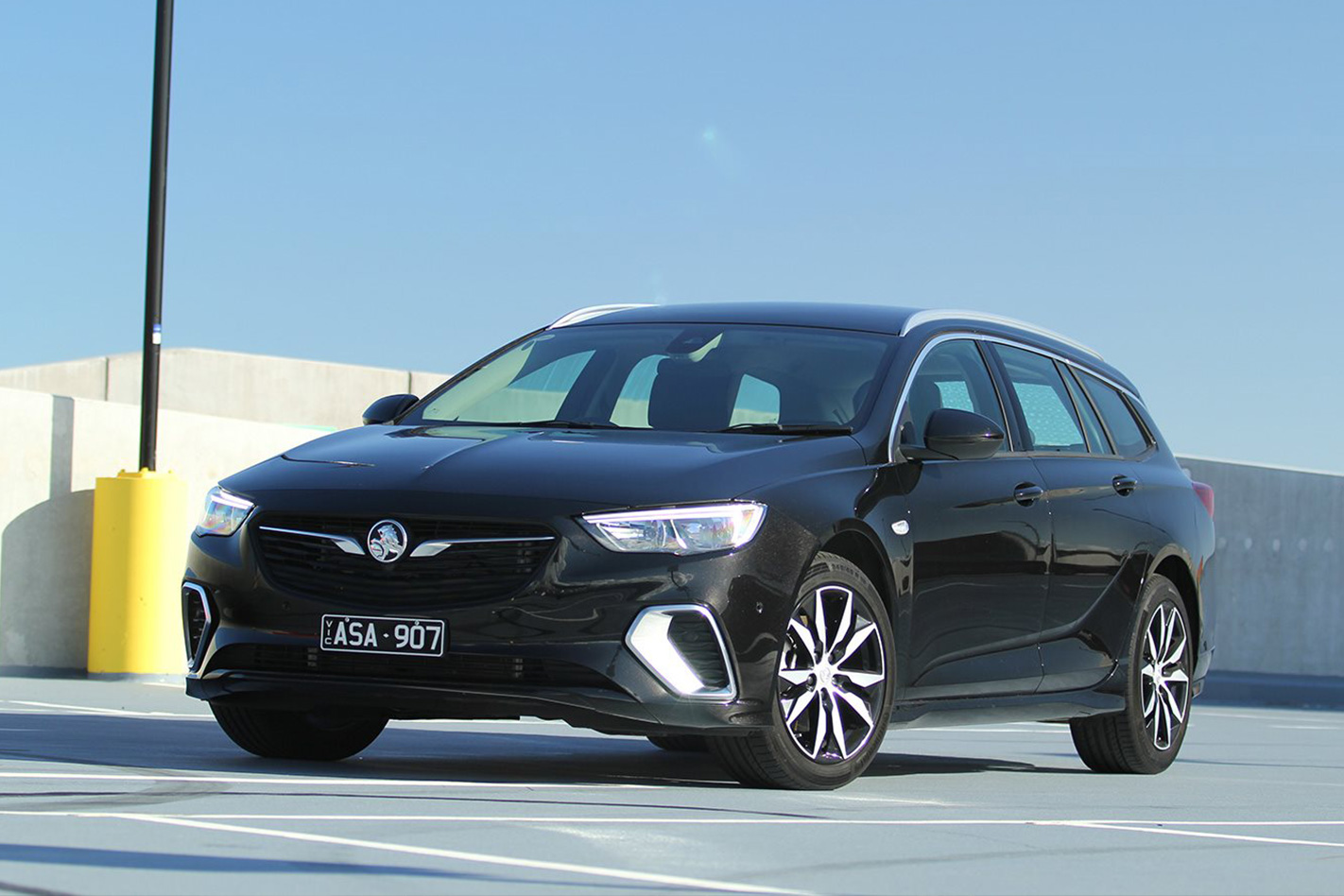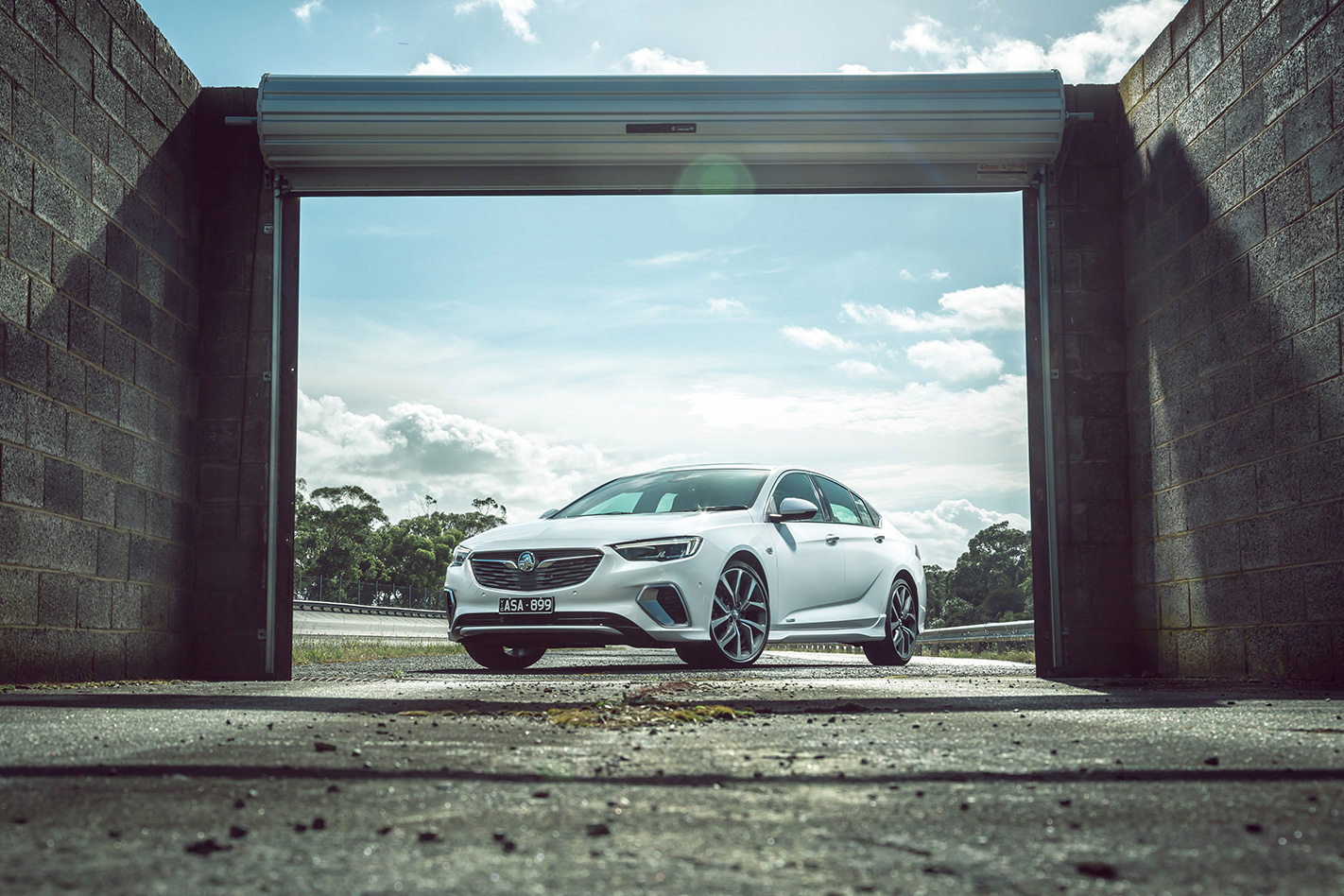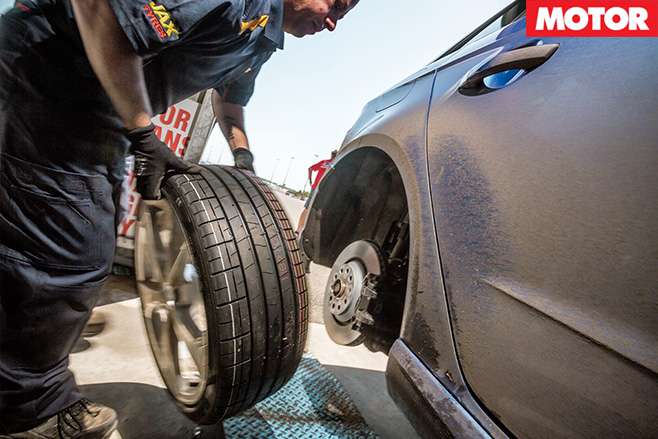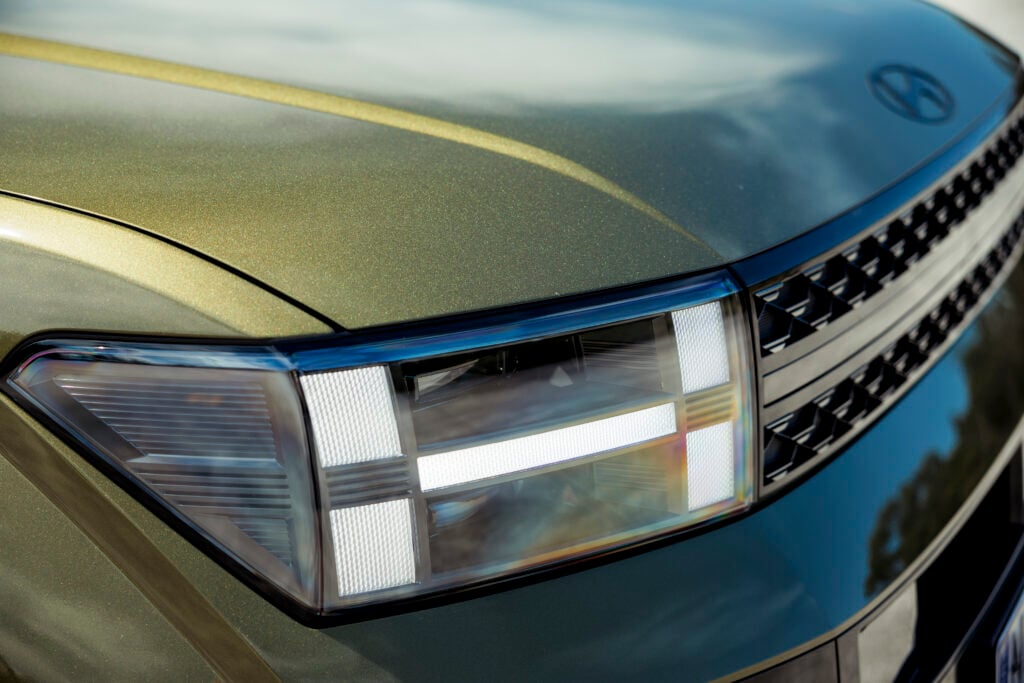Holden’s new boss has only been in the job for four hours, his first day scheduled to be a whirlwind of dealer meetings and internal briefings.
But right now, the 64-year-old is fronting the press, our recorders thrust towards his chin, the dance of hard questions, honest answers and deflected responses about to begin. You’d forgive him for feeling apprehensive. Overwhelmed. Afraid, even. After all, there’s no escaping the reality of the situation he’s willingly walked into, or the magnitude of the (impossible?) task ahead of him.

As disastrous years go, Holden’s has been a doozy. In March it recorded its worst monthly sales figure since the company’s inception in 1948, a stinging result only made worse by its July number, which at 3927, was even lower. Falls from grace don’t get much more spectacular. Holden’s market share now sits at 5.3 percent, half of what it was just five years ago, and a shadow of the glory days in the early 2000s when it lounged at 21 percent.
Even more sobering is the fact that of Holden’s entire product portfolio, only Colorado and Commodore are within the top five of their competitor set. “Surely that’s proof that Australia has fallen out of love with Holden,” argues the media scrum.
Holden’s attempt to radically redefine the brand has only compounded the problem. Strange advertising campaigns, mediocre product short on showroom appeal, and the lack of a successful long-term strategy has meant the Lion Brand hasn’t only failed in its desperate bid to reach a new, younger customer, but alienated a large portion of its loyal fan base. Buttner’s appointment is the first piece of good news in a long while; a decision that, finally, no one can take a shot at. Holden’s own PR team seems stunned, saying, eyes wide, “Wow, we got Buttner!”

That’s a lot of pressure to place on one person, though Buttner’s track record is impressive. A former MD and 30-year veteran of Toyota (he actually retired in December 2017), Buttner is an Aussie who has risen through the ranks of Australia’s most successful car brand. He knows what’s it’s like to be number one and brings a reputation for being supremely organised, hard working and diligent. He’s no stranger to pressure either, having worked with top-level Japanese execs on the shuttering of Toyota’s Aussie manufacturing facilities all the while under intense media scrutiny.
Holden presents an altogether different challenge, however. It isn’t a company that requires managing on the way down but one in dire need of a firm, charismatic hand to push it back up. It needs a leader willing to blue with Detroit, to argue for better product, and to galvanise, and possibly rationalise, Holden’s 200-strong dealer network. Interestingly, other importers with similar market share such as Kia, Honda and Volkswagen have 134, 107 and 105 dealers respectively.
Buttner has given himself 60 days (likely 30 by the time you read this), to visit Holden’s dealers and stakeholders before he implements his plan to arrest the slide. Throughout our interview he remains unflappable, slowly and systematically outlining his desire to unify the company, to create a clear strategic direction built around Equinox and Acadia, and to reconnect with Holden’s fan base while simultaneously appealing to new customers.
He also speaks openly of his own passion for Holden (a bond fostered by his Holden-buying father) and his conviction that the brand still holds a strong connection to Australians.
I think he’s right. It may have lost its way slightly but to many people, including me, Holden still feels like Australia’s own. We want it to succeed. To turn the corner, to once again create great cars that suit our roads and tastes.
After years of turmoil, Buttner’s arrival provides the first glimmer of belief that it can.






